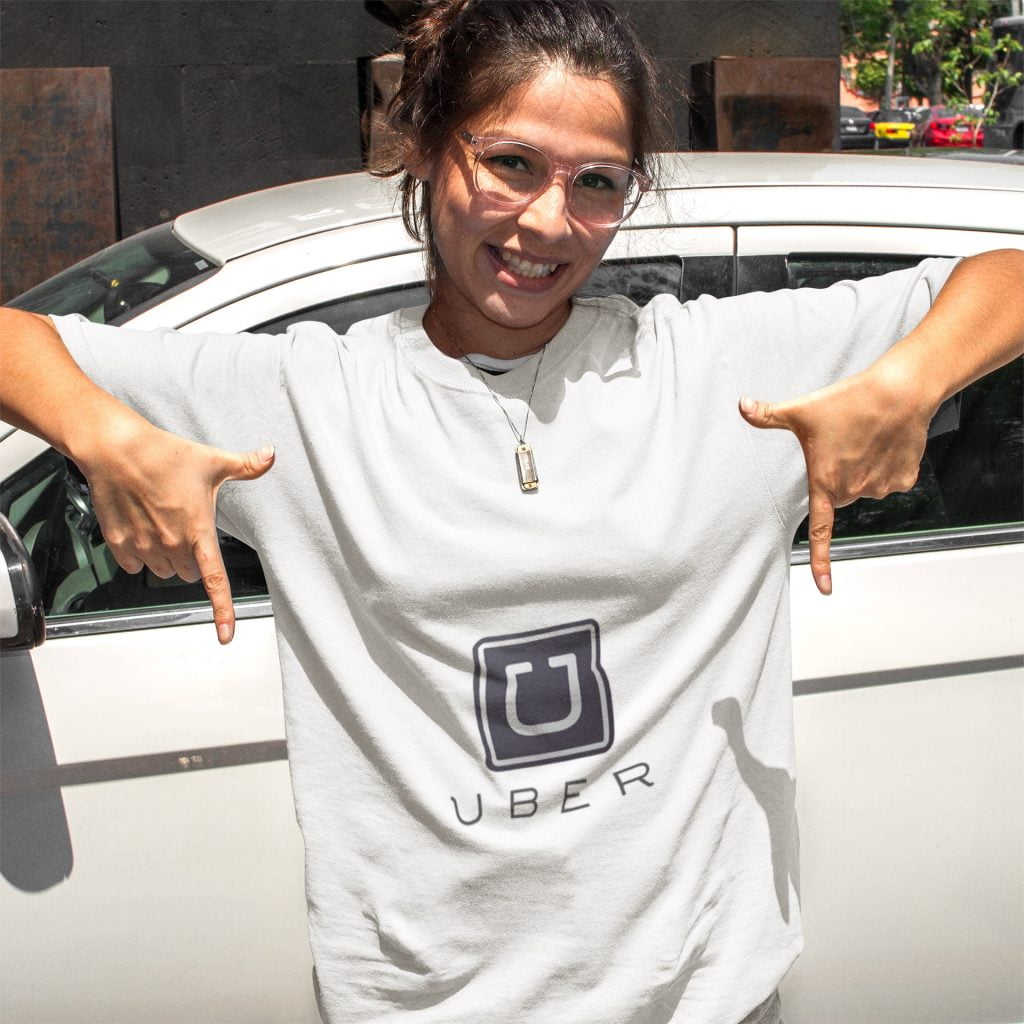Just before the European Commission comes out tomorrow with its long-awaited proposals for regulating the platform economy (which appear to be moving in the direction of more social protection for the millions of handymen and inclusion on the payroll – unless the gig companies can demonstrate that the workers are self-employed), the UK Supreme Court ruled yesterday that Uber – and all private hire/platform companies – must adapt their business model in the British capital. According to the trade magazine Magazine Passenger Transport, they will have to conclude contracts directly with the customer in the future. The judges ruled that the law requires a contractual obligation between operators of the transportation service and the passengers. The ruling could indirectly lead to a hefty price hike, with Uber and others now subject to VAT, which could make an Uber trip about 20% more expensive.
The unions were pleased with the verdict because it gives drivers and passengers more protection (once the booking is accepted the company becomes responsible) and because it underscores previous legal rulings that drivers are workers with rights.
The Supreme Court case was brought by Uber after Supreme Court judges in the earlier case this year in which it ruled that drivers are "workers" (an intermediate category between employees and self-employed persons) indicated that Uber is not simply an intermediary - such as a facilitating 'booking agency' – can be. Uber wanted clarification on this point, hoping to preserve its existing business model, but in Monday's ruling, the judges said the law requires a contractual obligation between transportation service operators and passengers once a booking is made. They added that interpreting the booking in this way correctly fulfills the legal objective of ensuring public safety. Literally: “If the passenger's only contractual relationship is with a driver he or she has never heard of and who is in any case not worth making any claim on, then any claim is likely to be practically worthless .”

The Transport for London (TfL) licensing authority immediately advised the larger operators to review their contracts to ensure compliance. “All operators will need to carefully consider the court's judgment and take steps to ensure they adhere to it, including assessing whether changes to their working practices are needed,” said a TfL spokesperson.
James Farrar, general secretary of the App Drivers and Couriers Union (ADCU), said the ruling would "change London's private hire sector for the better", adding: "Uber was committed to sticking to the old business model. at the expense of workers' rights, passenger safety and enabling VAT avoidance.”
Many called the verdict "scathing" for Uber and criticized TfL for its long-standing lax attitude toward Uber and other platform companies. Sian Berry of the Green Party told The Guardian that since the emergence of Uber, TfL "has not made good use of its powers to regulate and protect London's private hire operators and drivers".
She added: "In the interest of passenger safety, they must now follow the court ruling and ensure that all operators comply with the appropriate legislation without delay."
The GMB union - which has been recognized by Uber - said the ruling confirms that London rental car drivers are legally classified as 'workers' and should be treated as such under the law, adding: "It means that TfL's guidelines are now incorrect. and it means most operators are acting illegally and need to get their act together.”
Although Uber lost the case, an Uber spokesperson gave a different and remarkable twist to the ruling: It would ensure that other operators (also) cannot escape the new (and previous) demands on workers. Especially when it comes to holiday pay and pension. “Any private operator in London will have to take this decision into account and fully comply with the Supreme Court ruling. We're not the only player in town. Other operators must also ensure that drivers are treated fairly.”
Incidentally, the Brussels Labor Court will issue a judgment tomorrow about the way in which the Belgian Deliveroo couriers should be scaled.
Also read: Brussels Court of Appeal restricts Uber

